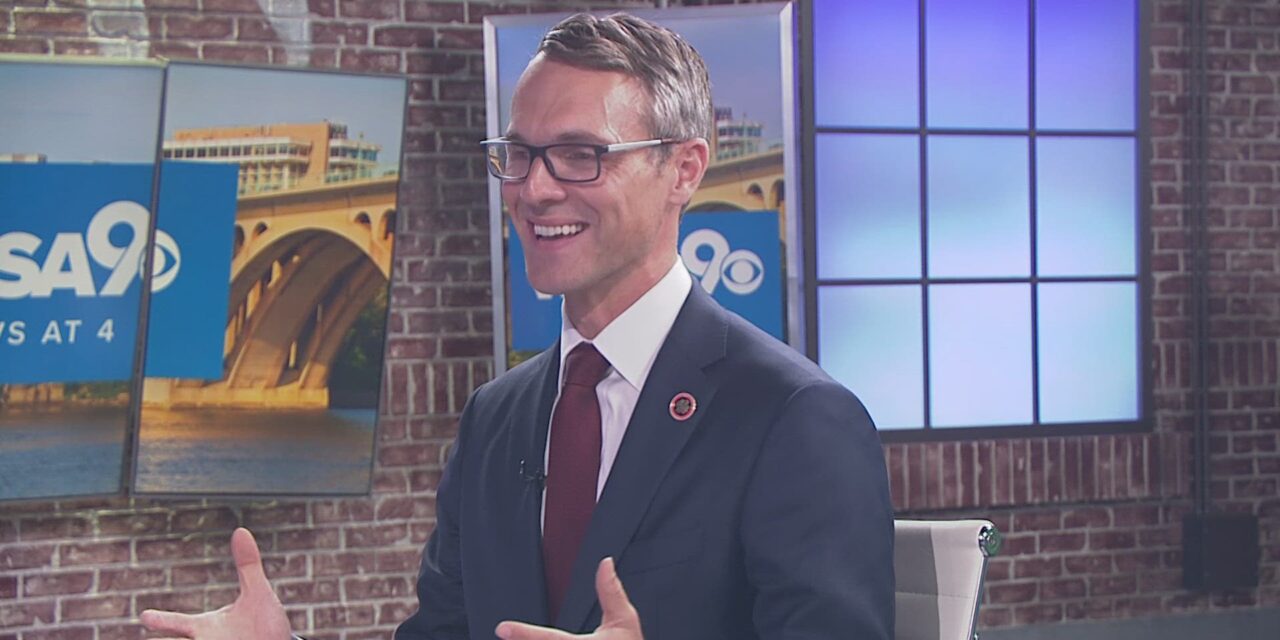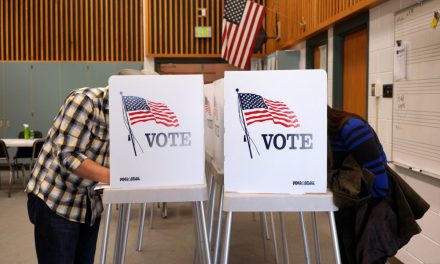Democrat Gerry Connelly was elected nine times to the U.S. House of Representatives, most recently in 2024, before dying of esophageal cancer in May 2025. His Northern Virginia district was redrawn twice during his tenure, but it was always strongly Democratic. The most Connelly ever carried, however, was 71 percent (in both 2018 and 2020). In his most recent election, in 2024, he carried 67 percent.
On Tuesday, a special election was held to fill his vacant seat. Democrat and Fairfax County Supervisor James Walkinshaw, who used to serve as Connelly’s chief of staff, defeated Republican Stewart Whitson 75 percent to 25 percent.
The district is filled with federal government employees and, thanks to Elon Musk’s Department of Government Efficiency (DOGE), many ex-federal government employees. Despite this, Whitson supported Musk’s efforts. This may help explain why only one-in-four the people who showed up to vote cast their ballot for him. But this continues a trend we’ve seen in special elections all across the country, in red states and districts and in blue states and districts, where the Democrats have over-performed.
This may be attributable to Democrats being more motivated to vote since they are shut out of power in Washington DC. It may also have something to do with the Democrats’ more highly educated base being more likely to participate in low-profile non-standard elections. But Trump’s radicalism and unpopularity are definitely factors, too.
Certainly this was true in Virginia’s 11th District where many people have been financially ruined by Trump’s policies. And it bodes well for the gubernatorial race that will take place in November. The Democrats are running former CIA officer and member of Congress, Abigail Spanberger. The Republicans are offering Winsome Earle-Sears, a Black woman of Jamaican heritage who currently serves as the commonwealth’s lieutenant governor. She also supported DOGE.
Elections in Virginia have tilted towards the Democrats as they’ve gained ground in the Northern suburbs, and Spanberger will almost certainly win the governor’s race if she gets 75 percent in the 11th District.
That might be a tall task in a higher profile election with much greater voter participation, but it does appear that the GOP brand is at an historic low in the areas near DC. The Republicans will need good turnout and Trump won’t be on the ballot to help motivate the MAGA loyalists.
November’s governor’s race in Virginia, along with the gubernatorial race in New Jersey, will be the biggest test-runs for next year’s midterms. We’ll find out a lot, both about what the people think and want and also what kind of shenanigans the Republicans are willing to pull in their efforts to cheat.
Congratulations to James Walkinshaw. I assume one of his first votes will be the discharge petition for the release of the Epstein files.








Thanks, good news.
In Boston, Mayor Michelle Wu won the non-partisan preliminary election yesterday with 71% of the vote. Second place finisher (who goes onto the November ballot as well) Josh Kraft got 23% of the vote.
Boston is *not* predictive of national politics, but Wu’s been a decent mayor and a forceful opponent of Trump. Despite Kraft’s 30 years of work in Boston (he’s been CEO of the Boys & Girls Club), and his own vocal opposition to Trump, he’s not been able to gain traction (partly because he just moved into the city 2 years ago, and partly because of his billionaire father’s association with Trump).
No Boston mayor has lost a re-election campaign in the past 75 years, but typically the upper vote bound against a credible and well-financed candidate is around 65%. For Wu to blow past that suggests that Boston Democratic voters aren’t playing around. Despite Wu’s occasional failings and departures from progressive orthodoxy, she faced no serious opposition from the left, and there’s no sign of progressive “purity” voting.